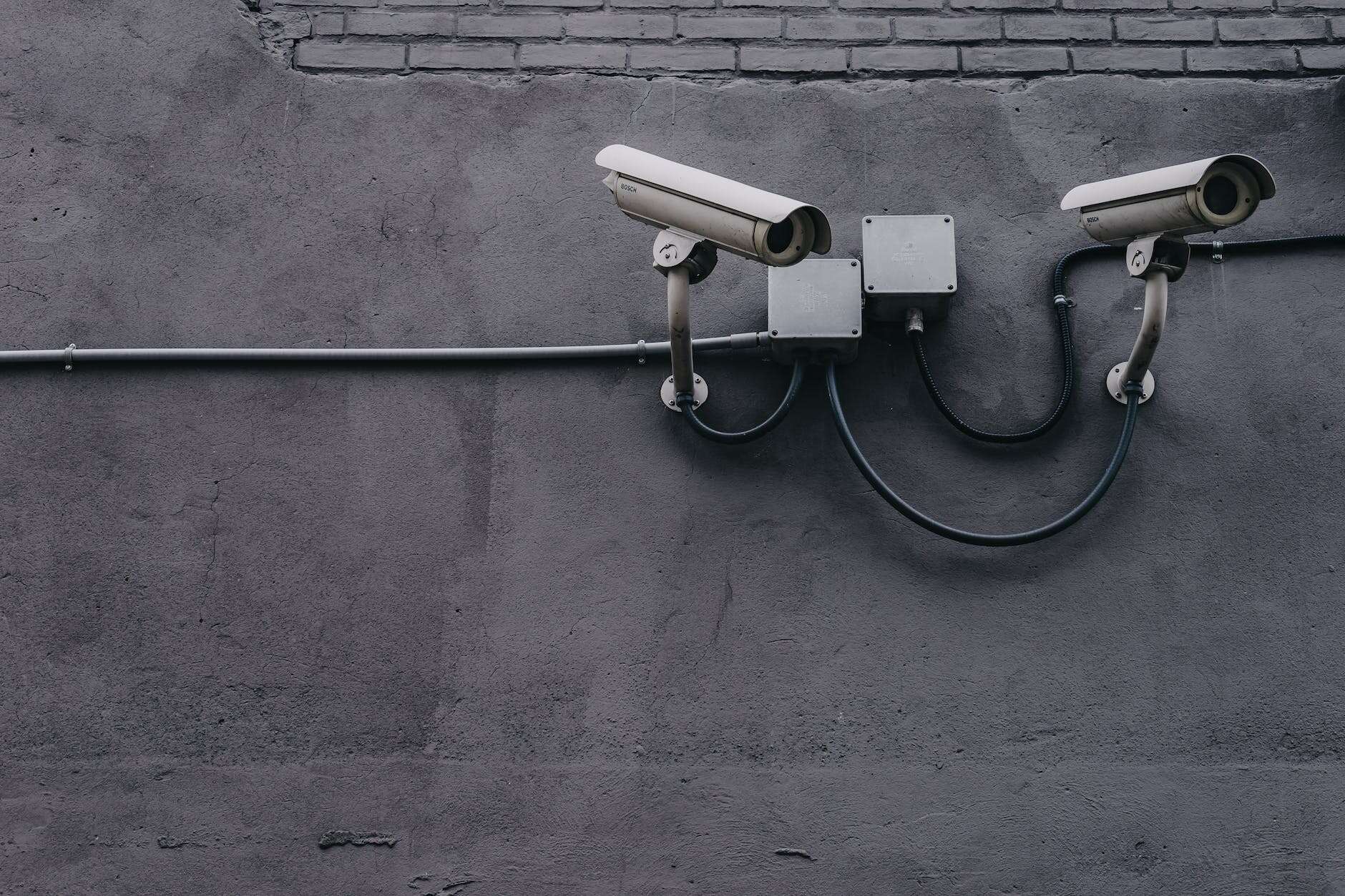WordPress is one of the most popular website platforms, powering more than 40% of all websites on the internet.
However, its popularity also makes it a popular target for hackers and cybercriminals.
Therefore, it is essential to take measures to secure your WordPress site. Here are some tips to help you secure your WordPress site.
- Keep WordPress Updated: Keeping your WordPress site updated is the easiest and most effective way to keep it secure. WordPress releases regular updates that fix security vulnerabilities and bugs. Updating your WordPress site to the latest version ensures that you have the latest security patches installed.
- Use Strong Passwords: Weak passwords are one of the main reasons why WordPress sites get hacked. Avoid using common passwords and instead use strong passwords that are difficult to guess. Use a combination of uppercase and lowercase letters, numbers, and special characters.
- Limit Login Attempts: By default, WordPress allows unlimited login attempts. This means that a hacker can try as many times as they want to guess your password. Limiting login attempts can prevent brute force attacks. You can use plugins like Limit Login Attempts to limit the number of login attempts.
- Use Two-Factor Authentication: Two-factor authentication adds an extra layer of security to your WordPress site. It requires users to enter a password and a unique code that is sent to their phone or email. This ensures that even if a hacker guesses the password, they will not be able to log in without the unique code.
- Install Security Plugins: Security plugins like Wordfence, Sucuri, and iThemes Security can help you secure your WordPress site. They provide features like malware scanning, firewall protection, and brute force protection.
- Backup Your Website: Backup your WordPress site regularly. In case your site gets hacked, you can easily restore it from the backup. Use plugins like UpdraftPlus or BackupBuddy to backup your WordPress site.
- Use SSL Certificate: SSL certificates encrypt data between the user’s browser and your server, making it difficult for hackers to intercept and steal data. Installing an SSL certificate is easy and can be done through your hosting provider.
- Remove Unused Themes and Plugins: Unused themes and plugins can pose a security risk as they may contain vulnerabilities that can be exploited by hackers. Therefore, it is best to remove any unused themes and plugins from your WordPress site.
Conclusion
Securing your WordPress site is essential to prevent hacking attempts and protect sensitive data. By following these tips, you can secure your WordPress site and ensure that it stays safe and protected from cybercriminals.
